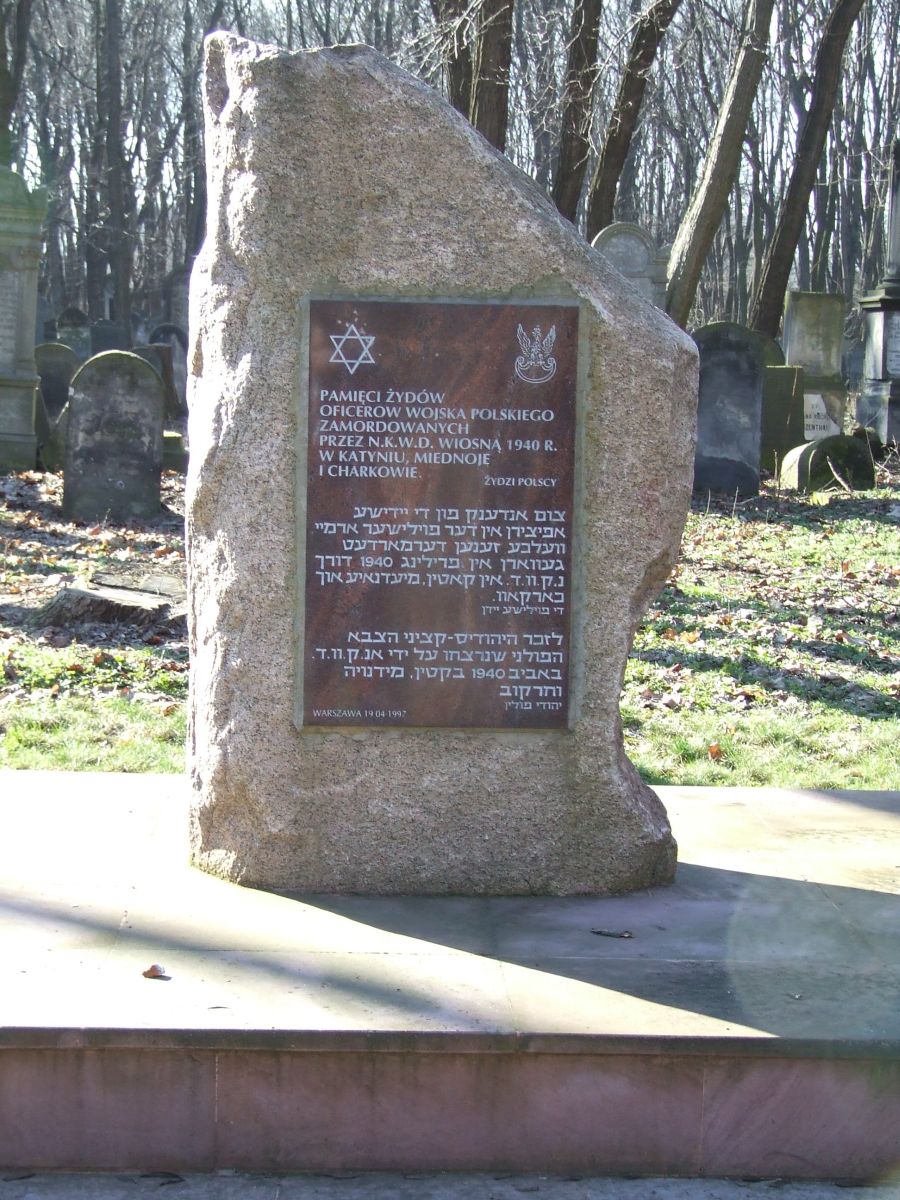The biographies of Jewish Katyńs are still poorly explored by researchers. According to the authoritative Benjamin Meirtchak, there were at least 438 people of Jewish nationality among the murdered prisoners. The group of 231 was killed by NKVD in Katyn, 188 in Kharkiv and 19 in Tver. They included usually reserve officers, mostly intelligentsia. One of them was Dr Kempner.
Before the war, he boasted about the fact that a secret meeting of the National Government leading the January Uprising (1863) was held in his grandmother’s apartment. Unfortunately, little is known about his early life. His father, Stanisław, was a journalist who popularized knowledge about the economy. He became involved with the milieu of Warsaw positivists, following the example of his master, Aleksander Świętochowski (1849-1938). His mother – Flora was an assimilated Jewish intelligent. She was born to the well-known press publisher Rudolf Okręta’s family.
His family’s patriotism influenced early Jerzy’s life. In 1905, he was among the youth who announced a school strike, demanding the Polish language to be restored to schools, contrary to the tsarist order. Participation in the protest caused his removal from the Russian school. However, he passed his extramural matriculation exams and then went to Munich to study medicine.
Just before the war, he received his medical diploma and returned to Warsaw. In November 1918, he joined the Polish Army and in January of the following year he took part in the fights on the Ukrainian front near Lwow (today’s Lviv) as a doctor of the 3rd Infantry Regiment, and then the 36th Infantry Regiment of the Academic Legion. He also fought in the Polish-Bolshevik war – as a captain he was assigned to the 9th Heavy Artillery Regiment. Then, until demobilization, he worked in a hospital in Kielce. Later he practised as a psychiatrist in Warsaw where he could be met in the famous “Ziemiańska” cafe located at Mazowiecka Street 12. He was the subject of some jokes there because the good but unwealthy doctor was constantly cheated for small loans by various “fine wits” and spendthrifts who spent long days there. It was known that if some of them lacked a few zlotys, he could always ask a good old doctor.
After the outbreak of World War II, Kempner was taken prisoner by the Red Army in a military hospital in Tarnopol, from where he was sent to the camp in Starobelsk. He never returned. Doctor Kempner was murdered in Kharkiv by the NKVD with a shot to the back of the head.





